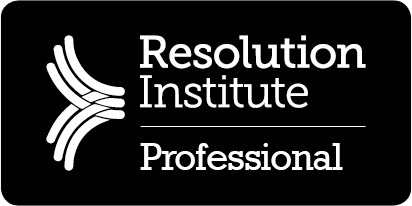Mediation is more than just a legal process – it is a psychological journey for all parties involved. Disputes, particularly in personal injury cases, often carry deep emotional burdens, including stress, frustration, and a sense of injustice. Unlike litigation through trial, which is adversarial by nature, mediation fosters an environment where parties can feel heard and acknowledged. This shift from confrontation to collaboration plays a crucial role in facilitating resolution. A skilled mediator understands not only the legal complexities but also the psychological dynamics that influence decision-making.
Psychological factors such as cognitive bias are prevalent in mediation, demonstrated when individuals process information in a selective and subjective manner, often resulting in inaccurate or irrational judgements. Individuals involved in disputes also often experience confirmation bias, where they focus only on information that supports their position while dismissing opposing viewpoints. The mediator plays a significant role in disentangling these factors to allow the parties to reason with one another and understand an opposing perspective. Additionally, the endowment effect – where parties overvalue their own claims simply because they are personally invested – can make negotiation challenging. A mediator’s role is to gently challenge these biases, helping both sides see the strengths and weaknesses of their positions with greater clarity. This fosters rational decision-making and encourages realistic settlement discussions.
Another significant psychological aspect of mediation is emotional regulation. Personal injury disputes can evoke strong emotions such as anger, resentment and fear. These emotions, if unchecked, can hinder productive discussions. A skilled mediator provides a structured environment where emotions can be acknowledged but not allowed to derail negotiations. Through techniques like active listening and reframing, a mediator helps parties move beyond emotional barriers and focus on practical solutions.
Finally, mediation leverages the psychological principle of perceived control. Unlike court proceedings, where a judge imposes a decision, mediation gives parties a sense of ownership over the outcome. This autonomy significantly increases the likelihood of compliance with settlement terms, as individuals are more likely to adhere to agreements they had a hand in shaping. By addressing both the legal and psychological dimensions of disputes, mediation not only resolves conflicts effectively but also helps parties walk away feeling respected, empowered, and ready to move forward.

